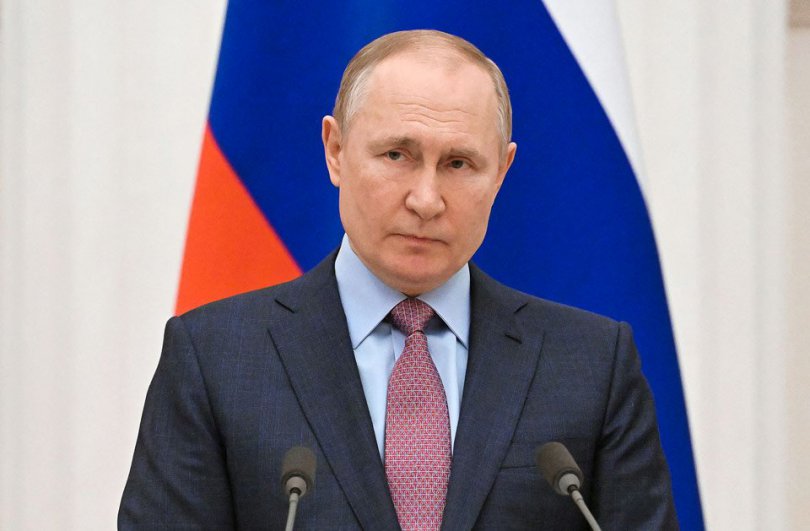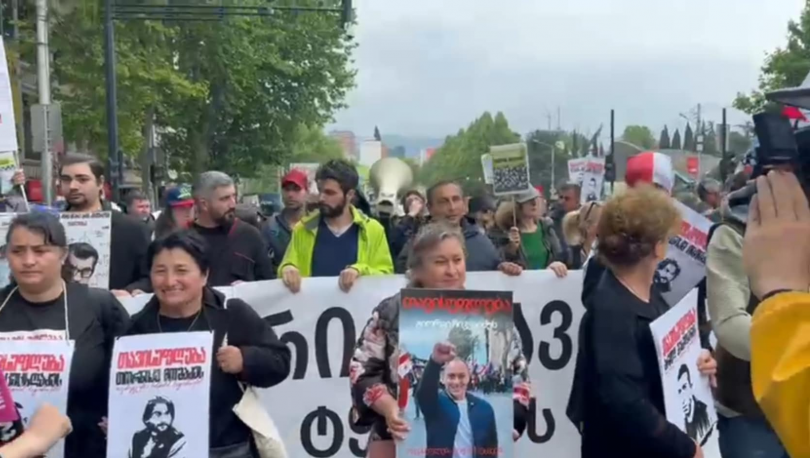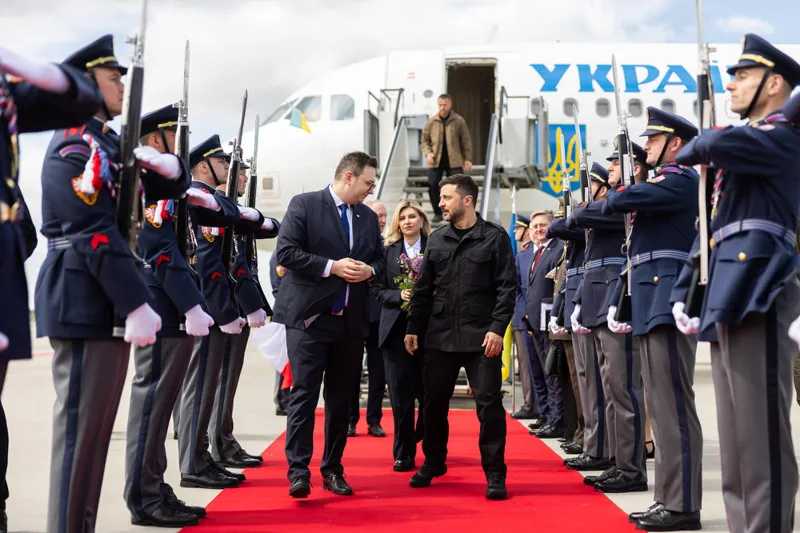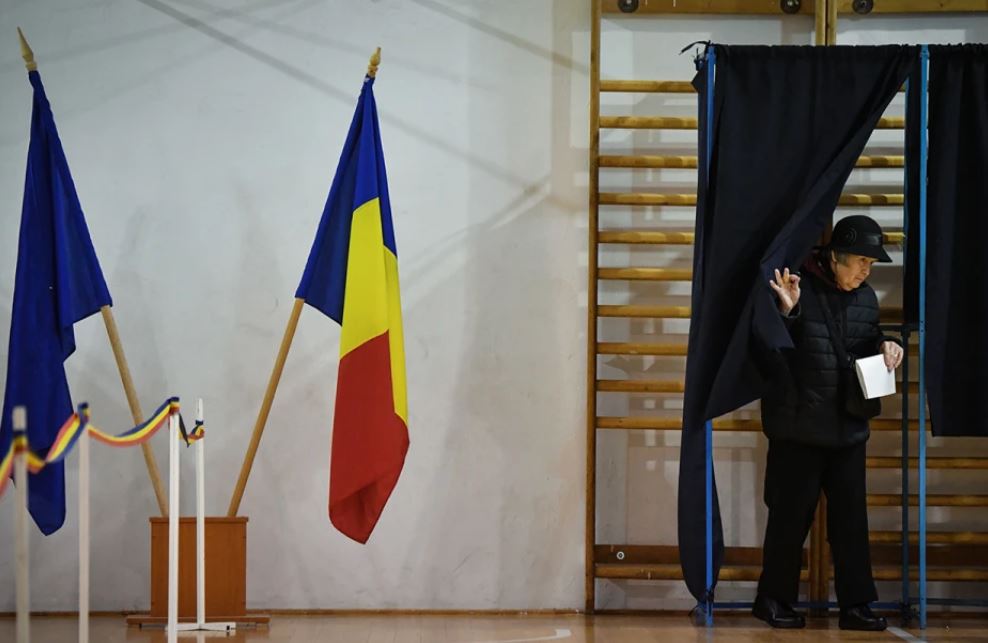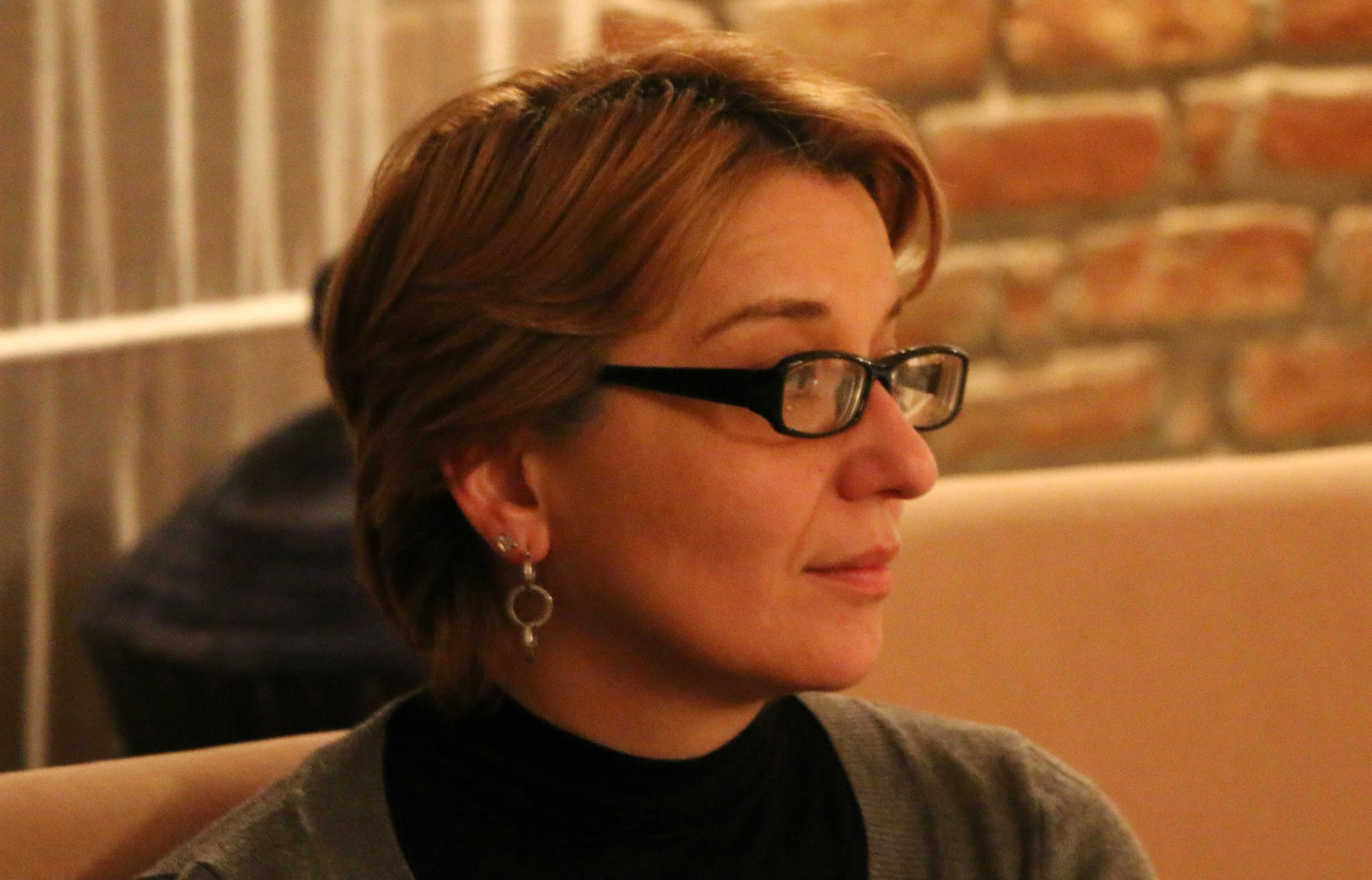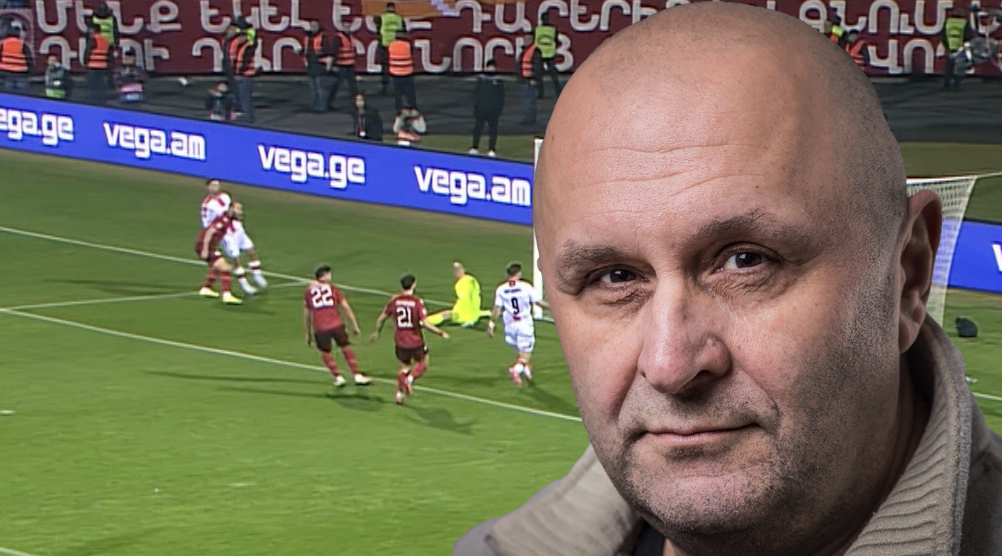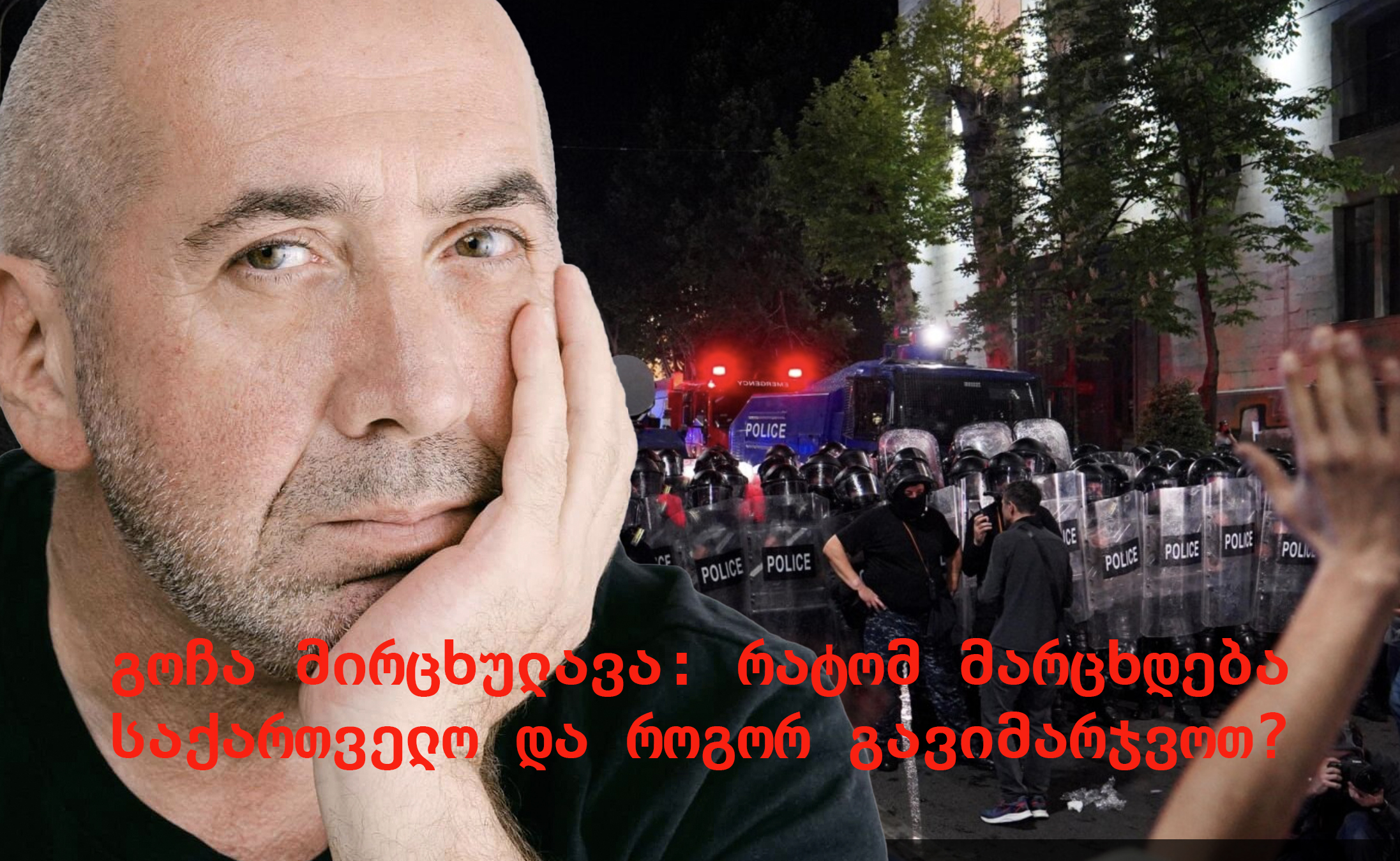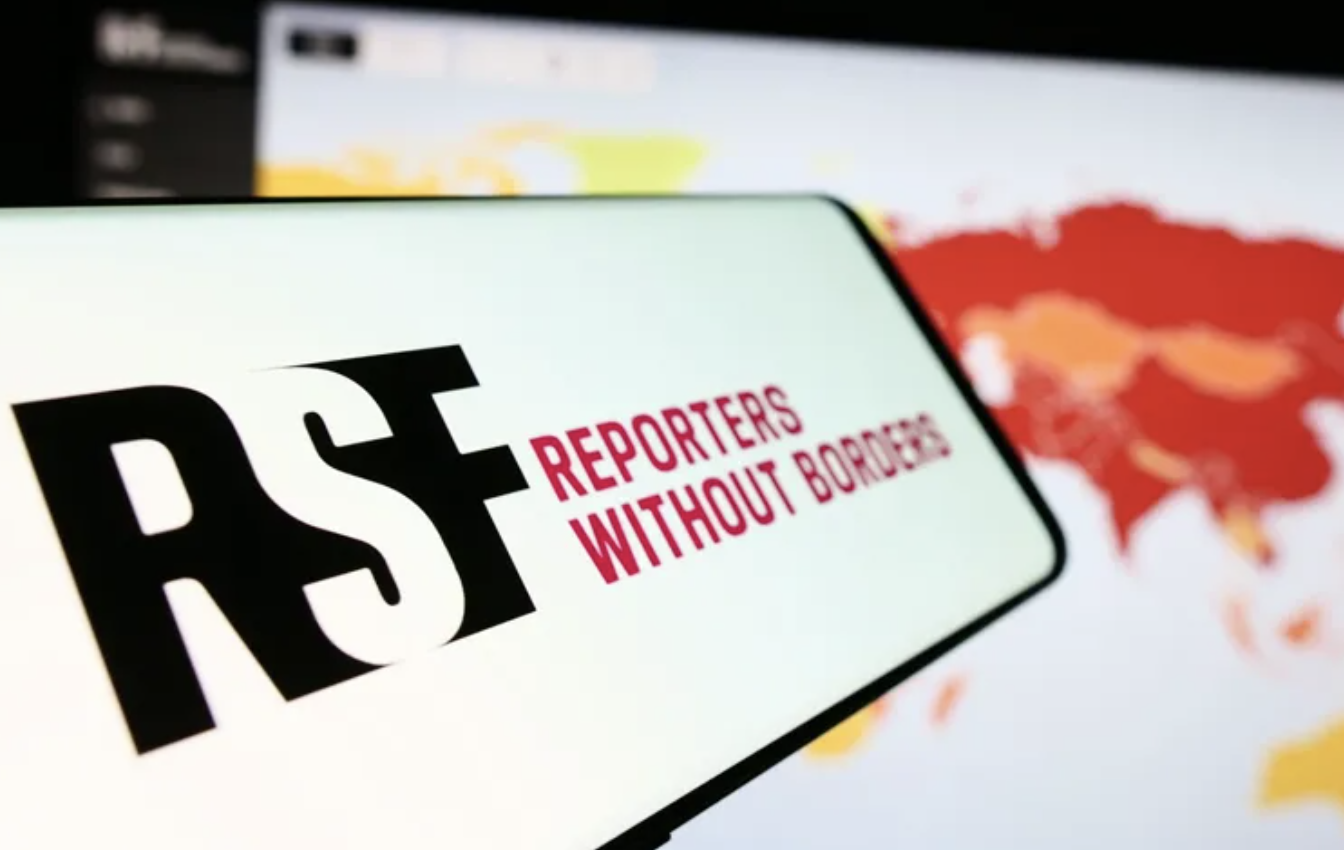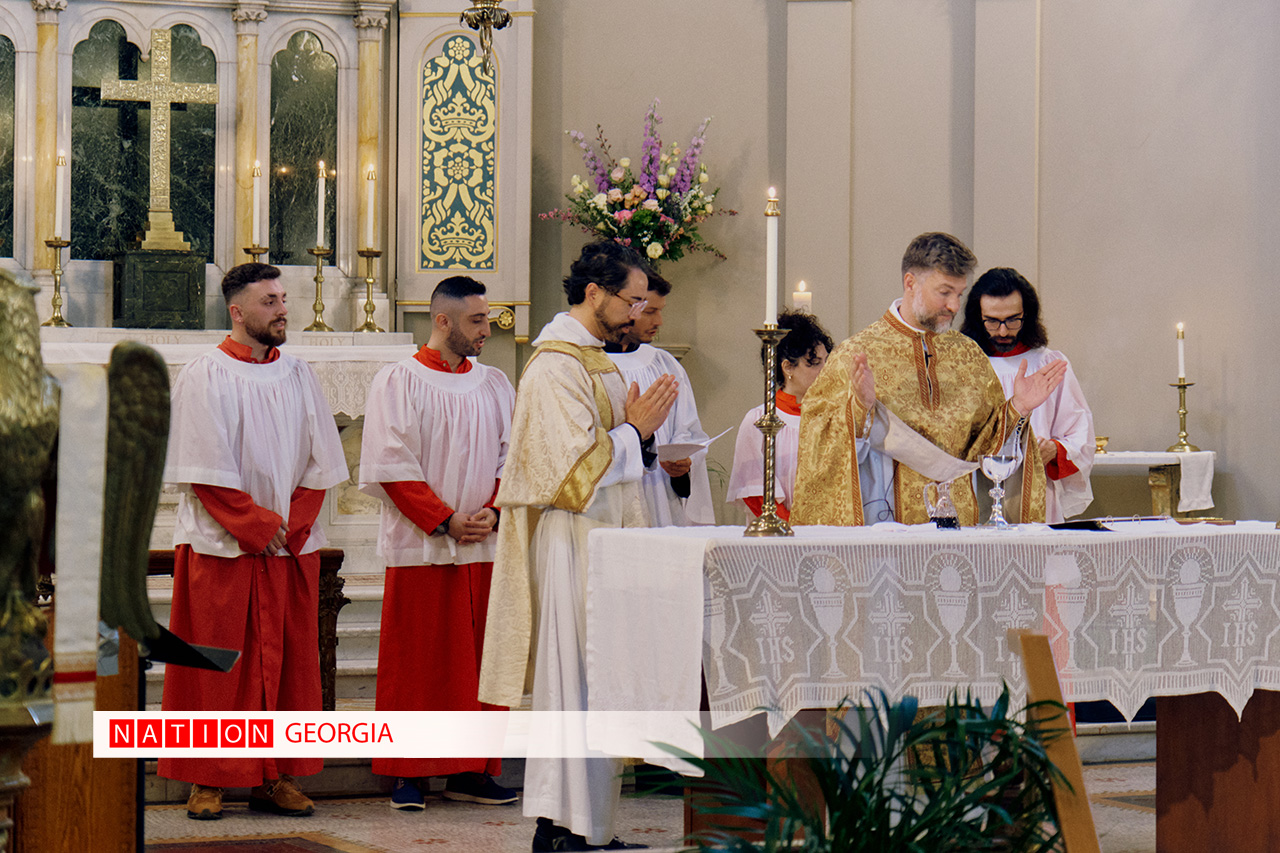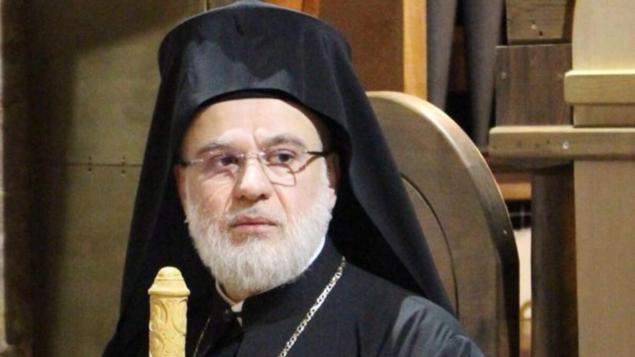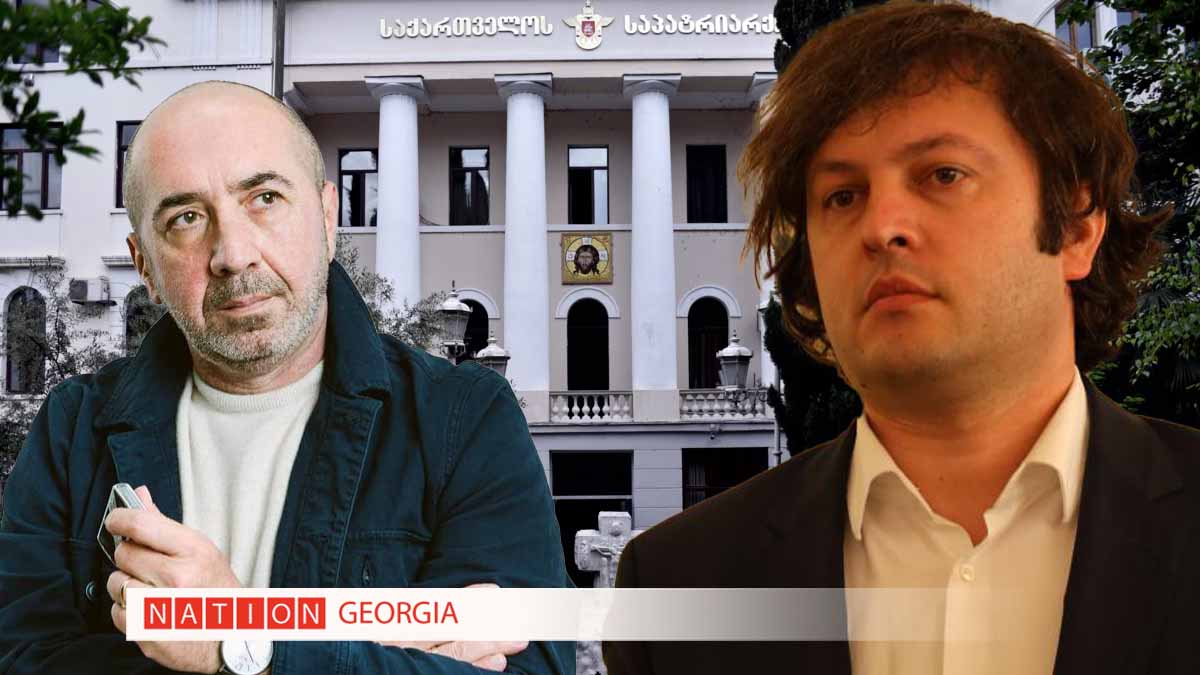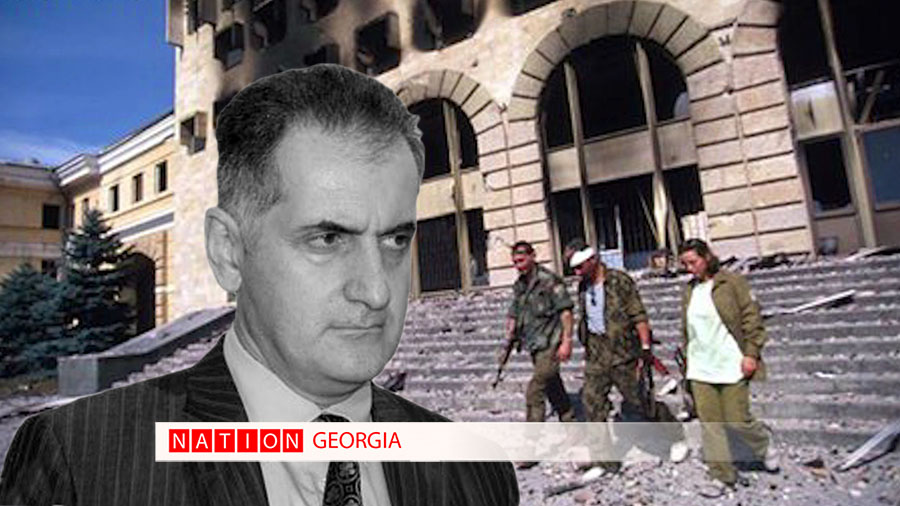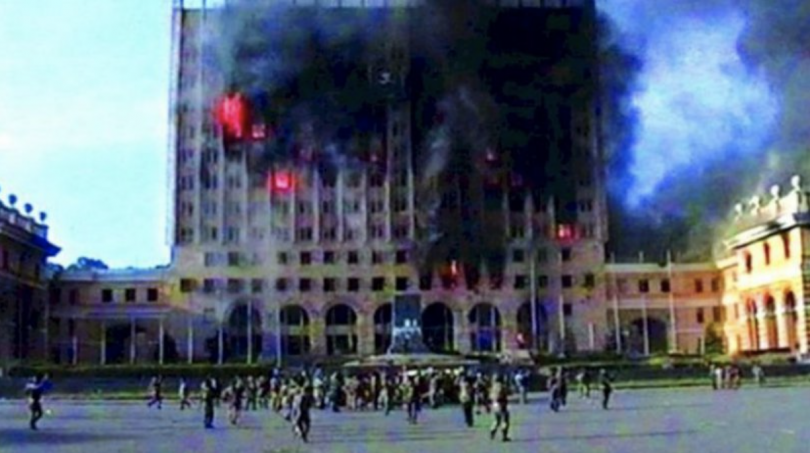
Russia creating ineffective structure for response to Ukrainian operation in Kursk region – ISW
17.08.2024 ნახვები: 403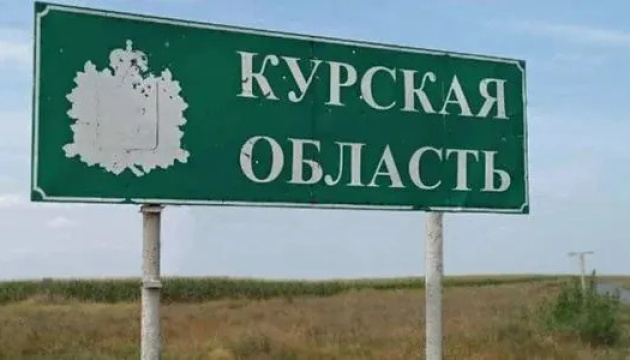
This is said in a report by the Institute for the Study of War (ISW), according to Ukrinform.
Russian Defense Minister Andrei Belousov recently announced the creation of a "coordination council" within the Russian Ministry of Defense (MoD) for military and security issues in Belgorod, Bryansk, and Kursk regions. According to him, the coordination council aims to improve support for Russian forces covering the state border and will specifically oversee the effective provision of materiel and equipment to forces in the area, coordination between forces responding to threats along the state border, engineering development in the area, and military medical support.
The ISW noted that Russian President Vladimir Putin has provided overlapping tasks to the Russian MoD, FSB, and Rosgvardia in Kursk region, and these entities have not yet taken visible steps to establish a clearer division of responsibilities.
“The delayed establishment of a complicated Russian C2 structure in Kursk Oblast continues to highlight the fact that the Kremlin failed to plan for the possibility of a significant Ukrainian incursion into Russia… The Ukrainian incursion into Kursk Oblast will likely expand the Kremlin's consideration for what type of Ukrainian operations are possible along the border and highlight that Putin and the Kremlin have suffered from a strategic failure of imagination,” the report says.
The analysts suggest that the Kremlin appears to have a more coordinated approach to securing its control over the Russian information space than to addressing its military and C2 problems in Kursk region.
At the same time, according to the ISW, Russian forces are maintaining their relatively high offensive tempo in Donetsk region, demonstrating that the Russian military command continues to prioritize advances in eastern Ukraine.
As reported, Ukraine’s offensive operation in Russia’s Kursk region began on August 6, 2024.

